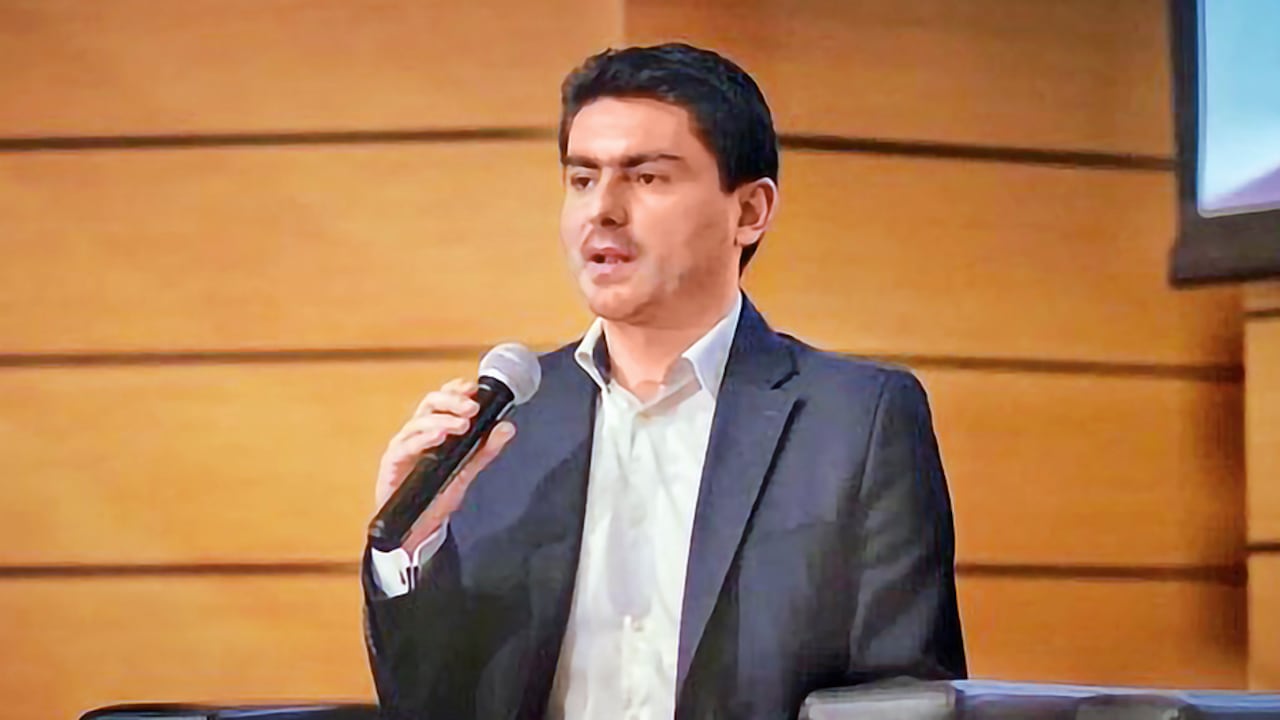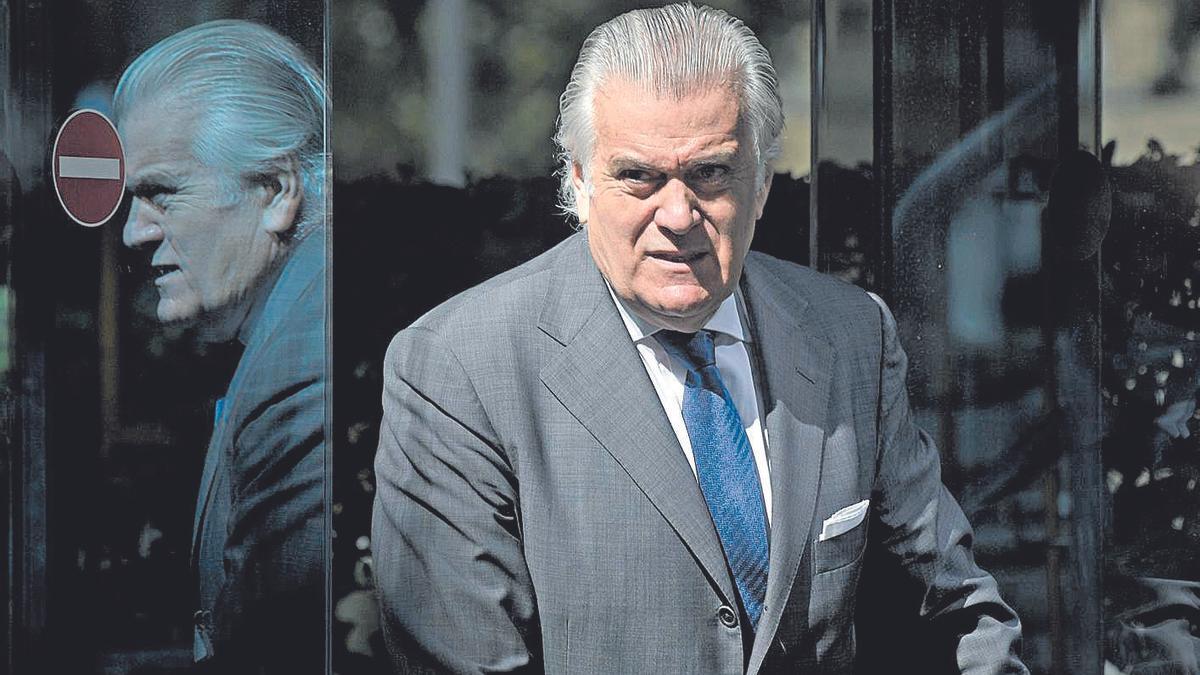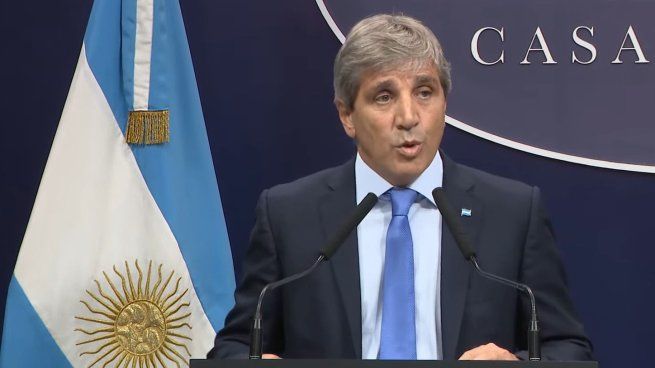Fiscal Rule Hiccup: Why Petro Government's Rejection by the Fiscal Rule Committee Could Shake Colombia's Finances

A Critical Setback for Petro's Economic Plan
Colombia's economic landscape is facing a potential shift following a significant rejection by the Autonomous Fiscal Rule Committee (CARF). This independent body, tasked with overseeing the nation's public finances, has denied the Petro government's request for a 'escape clause' that would have allowed them to temporarily suspend the fiscal rule for a period of three years.
Understanding the Fiscal Rule and the 'Escape Clause'
The fiscal rule, a cornerstone of Colombia’s economic stability for decades, mandates a gradual reduction in the central government’s deficit. It's designed to ensure responsible spending and prevent unsustainable debt accumulation. The Petro administration argued that an 'escape clause' was necessary to allow for increased public investment in social programs and infrastructure projects – initiatives central to his ambitious economic agenda.
Why CARF Said No: Concerns Over Fiscal Responsibility
CARF’s decision wasn't taken lightly. The committee expressed serious concerns about the potential impact of suspending the fiscal rule, citing a lack of clarity and insufficient justification regarding the government's proposed spending plans. They emphasized the importance of maintaining fiscal discipline, particularly in a global economic climate marked by uncertainty and rising interest rates. CARF specifically questioned the government’s ability to effectively manage the increased spending without jeopardizing long-term financial stability. The committee’s report highlighted the need for a more concrete and detailed plan demonstrating how the government intends to return to fiscal compliance after the three-year period.
What Does This Mean for the Petro Government?
This rejection represents a significant challenge for the Petro government. It forces them to reconsider their economic strategy and potentially scale back some of their planned investments. The government now faces the difficult task of balancing its social agenda with the need to maintain fiscal responsibility. Possible responses include:
- Revising Spending Plans: The government may need to identify areas where spending can be reduced or delayed.
- Seeking Alternative Funding: Exploring options such as attracting foreign investment or increasing tax revenues.
- Negotiating with CARF: Attempting to address the committee's concerns and potentially propose a revised 'escape clause' with stricter conditions.
Broader Implications for Colombia's Economy
Beyond the immediate impact on the government's spending plans, this situation also has broader implications for Colombia's economy. Investor confidence could be affected if the government is perceived as struggling to maintain fiscal discipline. Furthermore, the debate over the fiscal rule highlights a fundamental tension between the desire for social progress and the need for economic stability.
Looking Ahead: A Delicate Balancing Act
The coming months will be crucial for Colombia's economy. The Petro government must navigate this challenge carefully, demonstrating both a commitment to its social agenda and a respect for fiscal responsibility. The relationship between the government and CARF will be closely watched by investors and citizens alike. The outcome of this standoff will significantly shape the trajectory of Colombia's economic future.





